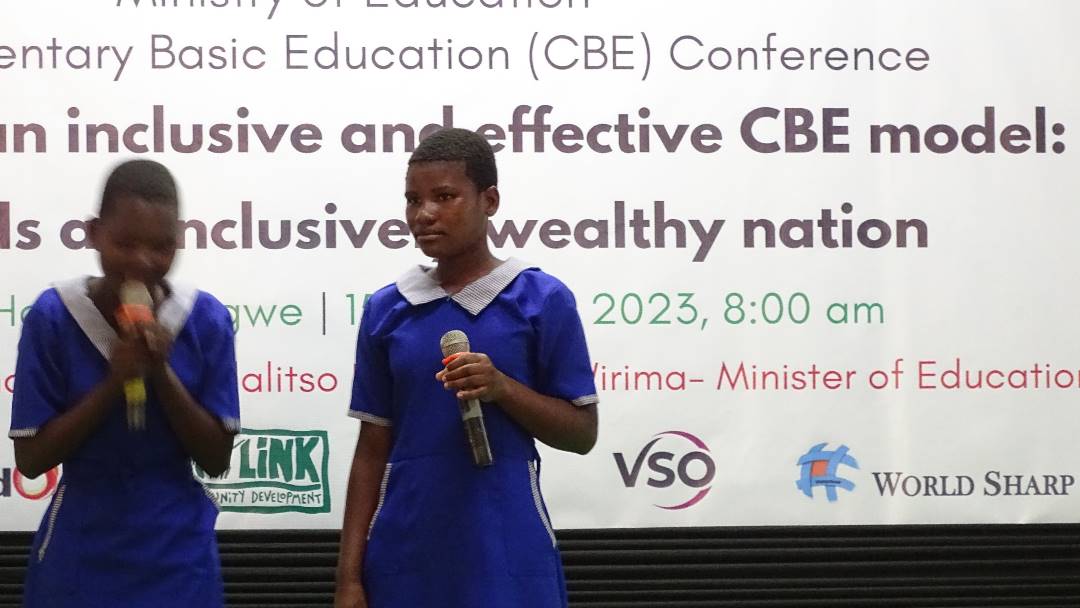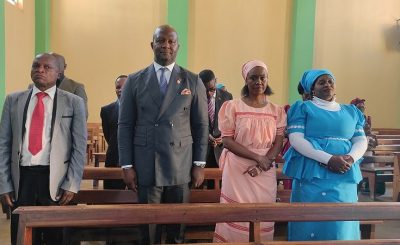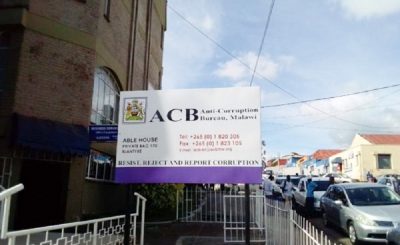Education authorities have asked stakeholders in the sector to harmonise models in the implementation of Complementary Basic Education (CBE).
Deputy minister of education Nancy Chaola Mdooka said this yesterday in Lilongwe during CBE conference.
Mdooka said much as the government appreciates various efforts partners are rendering towards CBE implementation, it is worrying to note that some partners are implementing different CBE models.
She said: “Government applauds and appreciates the great efforts that the partners re rendering towards the implementation of CBE. However, I have been informed that currently, the government and the partners are implementing different CBE models.
“This approach, among other things, has urged the Ministry to take this opportunity to discuss the issues of harmonisation to ensure uniformity in the implementation of CBE.”
Government is implementing CBE alongside partners such as: Link Education, CARE International in Malaŵi, Build-On, World Sharp, and CRECCOM with support from Plan International.
The Ministry began implementing CBE as a project supported by GIZ from 2006 to 2011.
Following tremendous gains realised, the ministry project migrated into a programme supported by the Ministry from 2011 to present.
One of the CBE implementing partners – Link Community Development Malaŵi through its country director Harold Kuombola stressed that coordination is important if the CBE models are to achieve intended outcomes.
Beneficiaries of the programme are children aged between 9 and 14 years; where there is high demand, those aged up to 17 years are accepted.
The programme is being implemented in districts and communities that register higher proportions of school going age children who are not attending school.
One of the CBE beneficiaries, a 21-year old student at Lilongwe University of Agriculture and Natural Resources (LUANAR) – Hanwell Mitembo, said CBE models have assisted him to excel in his studies.
Since 2006, about 83,444 out-of-school children and youth have received basic education through CBE, of whom 47,375 are females and 36,069 and males.





